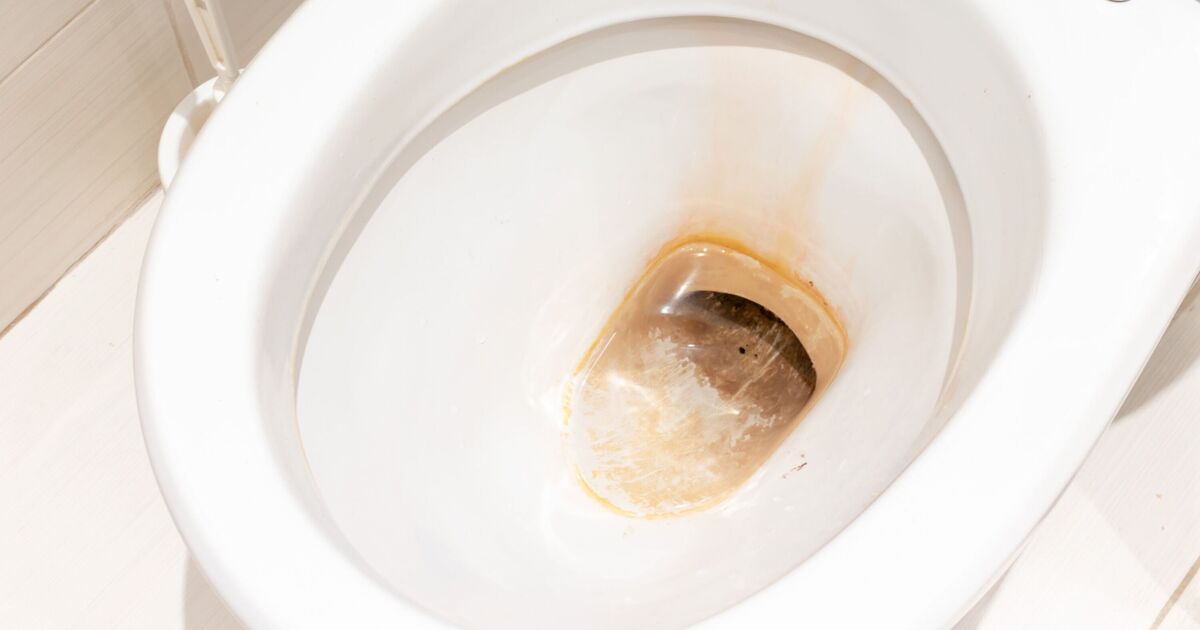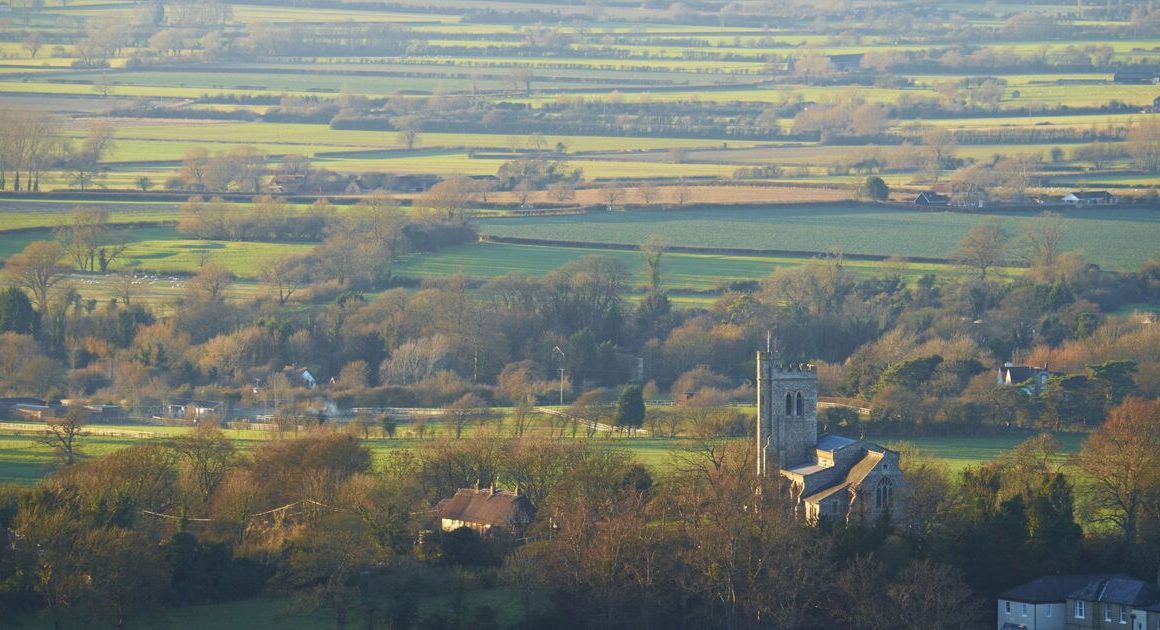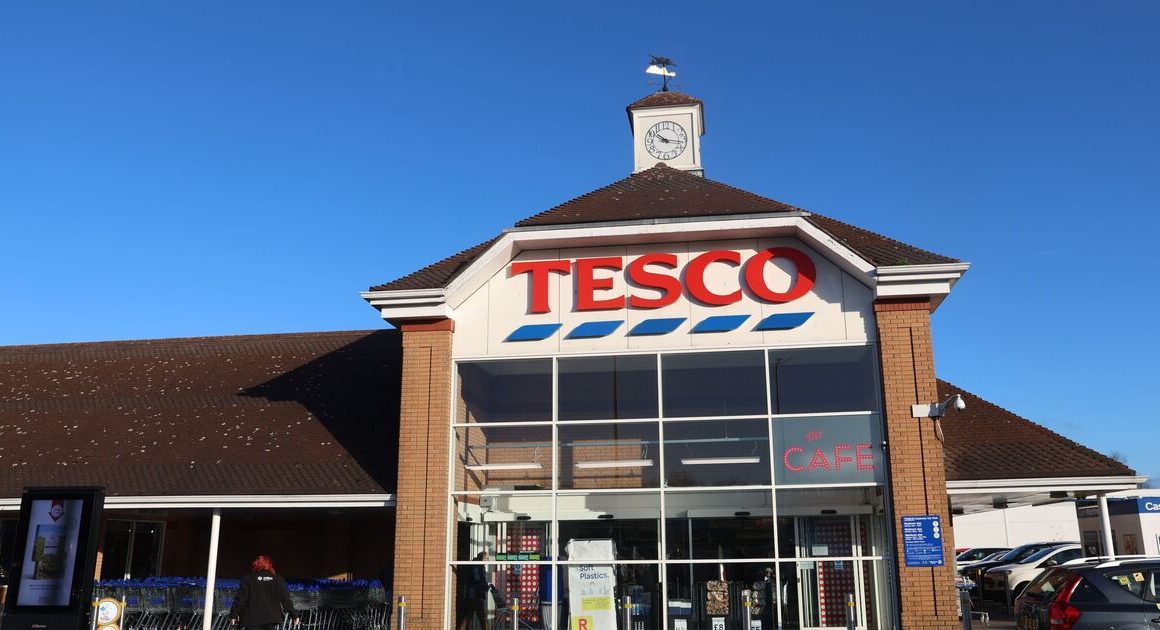Limescale will develop wherever water comes into contact daily, hence why toilet bowls, taps and showers are prone to looking grimy.
ScaleGuard stated that around 60 percent of the UK is classified as having hard or very hard water.
This means the majority of water running through the taps and down the toilet in the UK has a high mineral content.
These minerals, such as calcium and magnesium, cause limescale to build up around the home.
When limescale builds up along the toilet bowl, it’s time to do the chore of cleaning the toilet.
Bathroom retailer Victoria Plum did say that bleach, white vinegar and baking soda can remove limescale, but there’s one household item you may not know about.
WD40 is “really good at removing limescale from your toilet”, Victoria Plum noted, as it’s “particularly good at softening rust and limescale deposits in the toilet”.
Victoria Plum advised: “All you have to do is spray it on the desired section of the toilet, wait a few minutes, then scrub it away with a toilet brush.
“You can also spray WD 40 in the bathroom or sink to deal with the same issue. It will get rid of hard water stains and limescale and make your toilet look much brighter.”
Bleach, on the other hand, might take as long as 30 minutes to work before it removes limescale.
White vinegar can take even longer, usually requiring an overnight layer of white vinegar to remove the limescale.
When combining white vinegar with baking soda, however, it may only need to rest on limescale for 10 minutes before it starts working.
Yet it could take around 25 minutes more for the solution to remove limescale, whereas WD40 could get rid of it within minutes.










